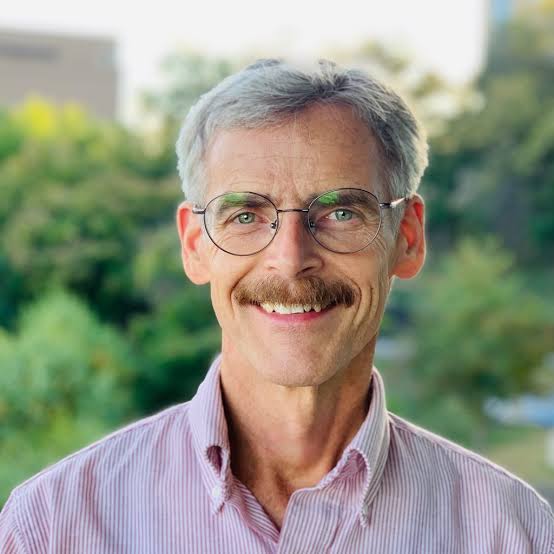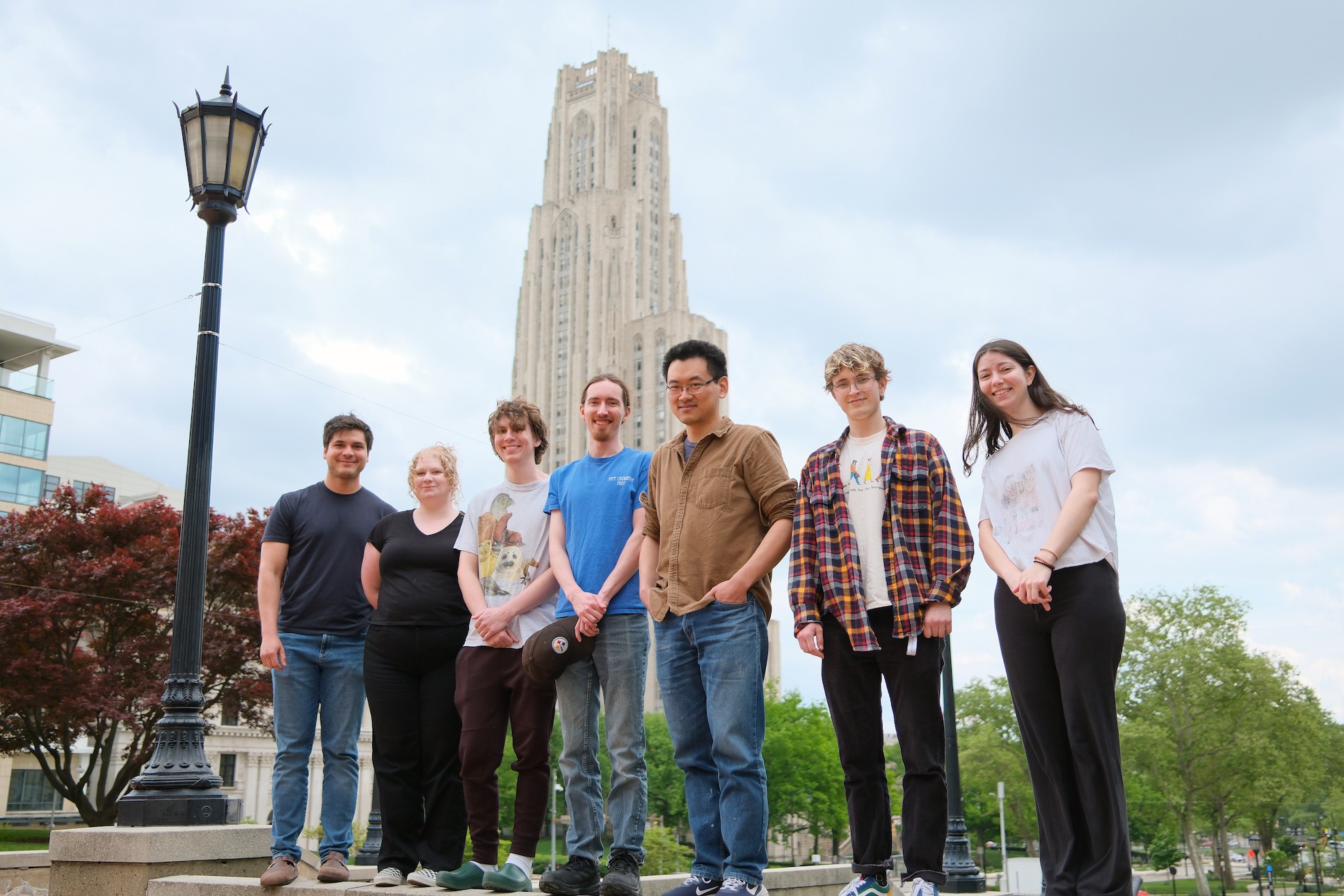Peter Wipf: Building Space, Mentoring Success
“Number one is the students. I think anyone who is seriously involved in training and educating students is super proud of their accomplishments. This is by far the biggest accomplishment.”
Built in 2013, the annex has become known for one professor in the chemistry department, Peter Wipf. A distinguished professor of synthetic chemistry, Wipf has accumulated a list of awards almost too long to name, but those honors aren’t what he values most.
“It’s clear, number one is the students,” Wipf says. “I think anyone who is seriously involved in training and educating students is super proud of their accomplishments. This is by far the biggest accomplishment.”
Last summer, the Wipf Symposium highlighted alumni from his research who returned to share their discoveries and career paths since leaving Pitt. Since joining the department in 1990, Wipf has mentored countless students who have gone on to successful careers in chemistry. But it was the strength of Pitt’s organic chemistry program in the early 1990s that convinced him to come to Oakland in the first place.
“I did a postdoc at the University of Virginia, and the reason I accepted the offer from Pitt was because of the past record in synthetic organic chemistry. When I interviewed the faculty at Pitt was very strong, and still is very strong, and welcoming,” Wipf says. “They had exciting research projects and from what I could tell, the department was on a good track.”
During his time at Pitt, Wipf oversaw the design of the annex, an addition to the Chevron Science Center, the two floor glass encased lab is where his lab has operated since the annex opened.
“The dean’s office was interested in supporting the organic chemistry environment, both in terms of renovations as well as expanding the space, and I was involved in the planning from the very beginning,” Wipf says. “In fact, pretty much every aspect of the design, even details of the cabinets and the layout, I was part of that planning process.”
More than a decade later, the annex stands not only as a physical space for cutting-edge research but also as a symbol of Wipf’s lasting influence at Pitt.
Wes Transue: Pioneering Physical Inorganic Chemistry
“My favorite part is the collegiality that Pitt has. I can go to just about any other professor and ask them questions and get advice from people.”
After completing his postdoc at Stanford University, Wes Transue joined the University of Pittsburgh’s Chemistry department because of the types of research being conducted at Pitt.
“The thing I liked about Pitt was the types of research that was going on here. We’ve got a lot of people that I synergize pretty well with,” Transue says. “The Saxena lab does EPR, the Waldeck group does Chiral-Induced Spin Selectivity, Garett-Roe and Anna both do ultrafast spectroscopy, and on top of that there’s a lot of synthesis going on here as well. There’s a great many overlaps between what I do and the research going on here so I thought this would be a great place where my research could fit in.”
The Transue group researches spin and magnetism, focusing on synthesizing molecules with applications in quantum information science and quantum sensing. These molecules have designer magnetic properties that they analyze using magnetic circular dichroism spectroscopy. In May, the first paper came out of the Transue group in JACS.
“That collaboration with the Saxena lab was very natural because they study spin and its relaxation using EPR and so once we got the molecules synthesized, it was great to just go upstairs and hand students a sample and get some data on their technique,” Transue says. “I just finished my third year so it’s exciting to have our first paper out, and it's exciting that JACS was interested in it too.”
Three years in, and Transue now mentors a number of grad students, three undergrads, and a postdoc. Between teaching, mentoring, and experimenting, Transue finds the best thing Pitt has to offer is the people.
“My favorite part is the collegiality that Pitt has,” Transue says. “I can go to just about any other professor and ask them questions and get advice from people. I can go knock on Yimming’s door and ask about anything from science and mentoring to grants. It’s a very supportive place to be.”


